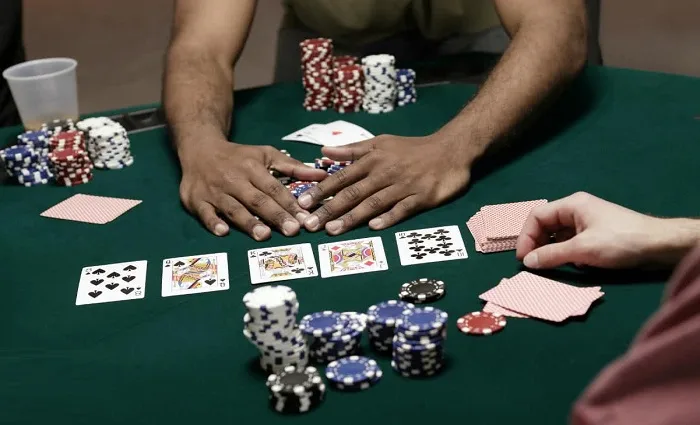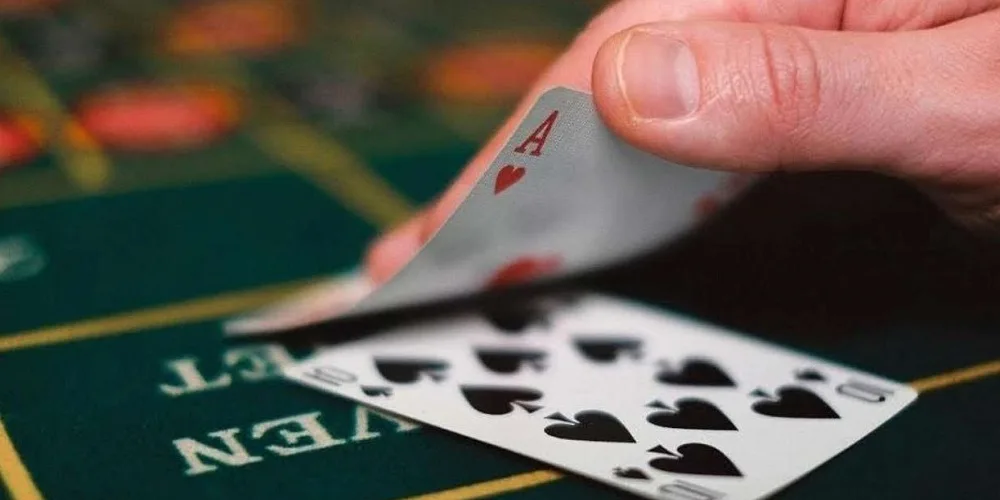
Is It Possible to Count Cards in Poker and How to Do It?
Card counting in poker, unlike in blackjack, doesn’t revolve around tracking which cards have already been played to predict what might come next. Instead, it’s about understanding and calculating the probabilities based on the information available. This practice is not only possible but also a fundamental skill that separates seasoned players from novices.
Why Count Cards in Poker?
The primary reason to count cards in poker is to make informed decisions. By assessing the cards in play, a player can gauge their chances of winning a hand. It involves calculating the odds of certain cards appearing and using this knowledge to bet, hold, fold, or bluff strategically. This method, applied at Swiss Win casino, is crucial for bankroll management and risk calculation.
What Are Outs?
Outs are cards that can potentially improve a player’s hand to a winner. Knowing your outs is the first step in card counting in poker. For example, if you’re holding a flush draw, you count how many cards of the needed suit are remaining in the deck. This count helps in determining the likelihood of completing your hand.
How to Count Cards in Poker?
Counting cards in poker is less about memorization and more about understanding the mathematics of the game. It starts with identifying your outs. Once you know your outs, you can calculate the probability of hitting one of these cards on the next street (turn or river). The basic formula involves dividing the number of outs by the remaining unseen cards.

How to Determine the Probability of Winning Using Card Calculations?
To estimate your chances of winning, you can use the “Rule of Two and Four.” This rule states that you can multiply your number of outs by four with two cards to come (after the flop) to get an approximate percentage of making your hand by the river. With only one card to come (post-turn), you multiply your outs by two.
How to Quickly Make Calculations?
Quick calculations in poker rely on practice and familiarity with common probabilities. The rule of two and four at Swiss Win casino is a convenient way to make quick assessments. Additionally, memorizing key odds for common situations (like flush and straight draws) can speed up your decision-making process. It’s also helpful to round numbers or use simplified ratios to make calculations easier under pressure.
In conclusion, while you can’t count cards in poker in the same way as in blackjack, the practice of calculating odds and probabilities based on the known cards is a vital skill. It enables players to make more informed decisions, estimate their chances of winning, and ultimately, improve their game. Mastering this aspect of poker requires both understanding the mathematical foundations and gaining practical experience through play.
